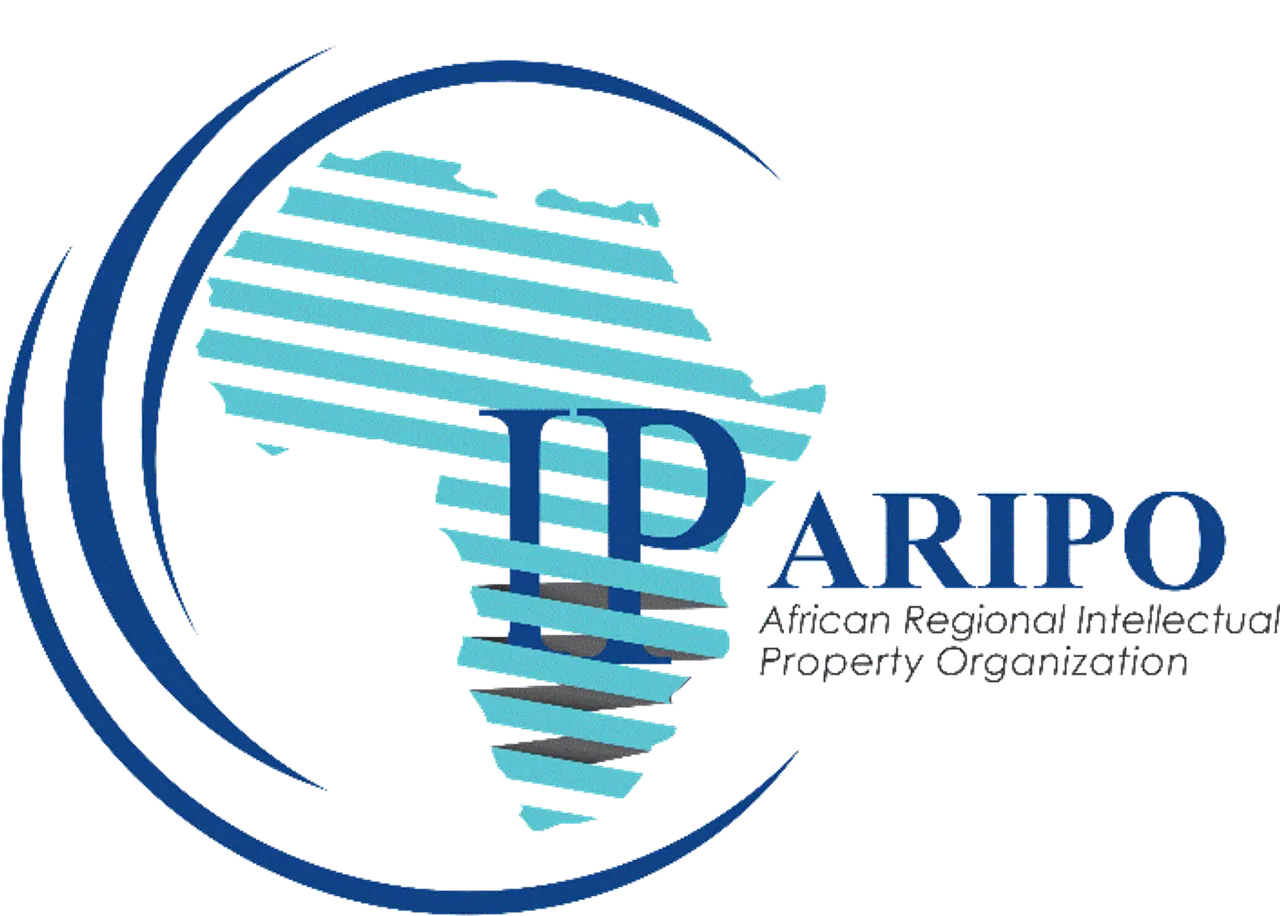Authors
Expertise

This edition covers news on, temporary suspension of new trademark applications in Libya, and Nigeria becoming an official member of UPOV (The international union for the protection of new varieties of plants).
Temporary Closure of the ARIPO IP Regional Database Office
The Director General of the African Regional Intellectual Property Organization (“ARIPO”) announced a temporary closure of the ARIPO IP regional database office from Wednesday, 19 March 2025, to Friday, 21 March 2025. Regular operations will resume on Monday, 24 March 2025. This closure doesn’t affect the ARIPO e-service platform which remains accessible.
Key Amendments to the ARIPO Harare Protocol Now in Effect
Following a notice issued by ARIPO Director General Bemanya Twebaze on 31 January 2025, amendments to the Harare Protocol and its Regulations officially took effect on 1 March 2025.
The Harare Protocol governs the filing of patents, utility models, and industrial designs at ARIPO, allowing applicants to designate up to 22 member states for IP protection. These changes enhance the efficiency and flexibility of the system.
Key Changes
Revised Time Limits: Adjustments to deadlines for responding to ARIPO notifications.
Divergent Claim Sets: Patents can now proceed to grant with different claim sets for different designated states, providing greater flexibility for applicants facing country-specific objections.
Administrative Enhancements: Operational improvements aimed at increasing efficiency within the ARIPO Secretariat.
Fee Adjustments: Significant increases in official fees for various patent and design services, alongside the introduction of new fee items.
These amendments mark a significant step in strengthening ARIPO’s role as a regional hub for intellectual property protection.
South Africa: Proposed Reforms by the National Intellectual Property Management Office (NIPMO)
South Africa’s National Intellectual Property Management Office (NIPMO) has presented proposals to the Portfolio Committee on Science, Technology, and Innovation for major IP law reforms. The goal is to enhance compliance, enforcement, and operational efficiency concerning IP derived from publicly funded research.
The reforms could lead to amendments in the Intellectual Property Rights from Publicly Financed Research and Development Act, ensuring that government-funded innovations are effectively commercialized for national benefit. The Department of Science, Technology, and Innovation is currently reviewing six key areas of reform, with potential updates expected later in 2025.
Uganda: Launch of ICT Intellectual Property Guidelines
In March 2025, Uganda introduced new ICT Intellectual Property Guidelines, a significant move aimed at protecting innovations within its fast-growing tech sector. These guidelines provide a structured framework for safeguarding software, digital content, and other ICT-related intellectual property.
This is a welcome development as it aligns with Uganda’s broader strategy to strengthen its digital economy. It is believed that this initiative could set a precedent for similar policies in other East African nations.
Malawi: First to Ratify WIPO Treaty on IP and Genetic Resources
On 5 December 2024, Malawi became the first country to ratify the WIPO Treaty on Intellectual Property, Genetic Resources, and Associated Traditional Knowledge (“Treaty”). The Treaty, adopted in May 2024, requires applicants to:
Disclose the country of origin or source of genetic resources used in inventions.
Acknowledge indigenous communities providing traditional knowledge.
The purpose of this Treaty is to safeguard indigenous knowledge while promoting the equitable utilization of genetic resources in research and the development of patents. The Treaty will come into force after it has been ratified by 15 of the 38 signatory nations.
Malawi’s early ratification marks an important step toward greater recognition and protection of traditional knowledge in intellectual property frameworks.
Click to read more
Important Notice: The information contained in this Article is intended for general information purposes only and does not create a lawyer-client relationship. It is not intended as legal advice from Jackson, Etti, & Edu (JEE) or the individual author(s), nor intended as a substitute for legal advice on any specific subject matter. Detailed legal counsel should be sought prior to undertaking any legal matter. The information contained in this Article is current to the last update and may change. Last Update: October 1, 2024.








